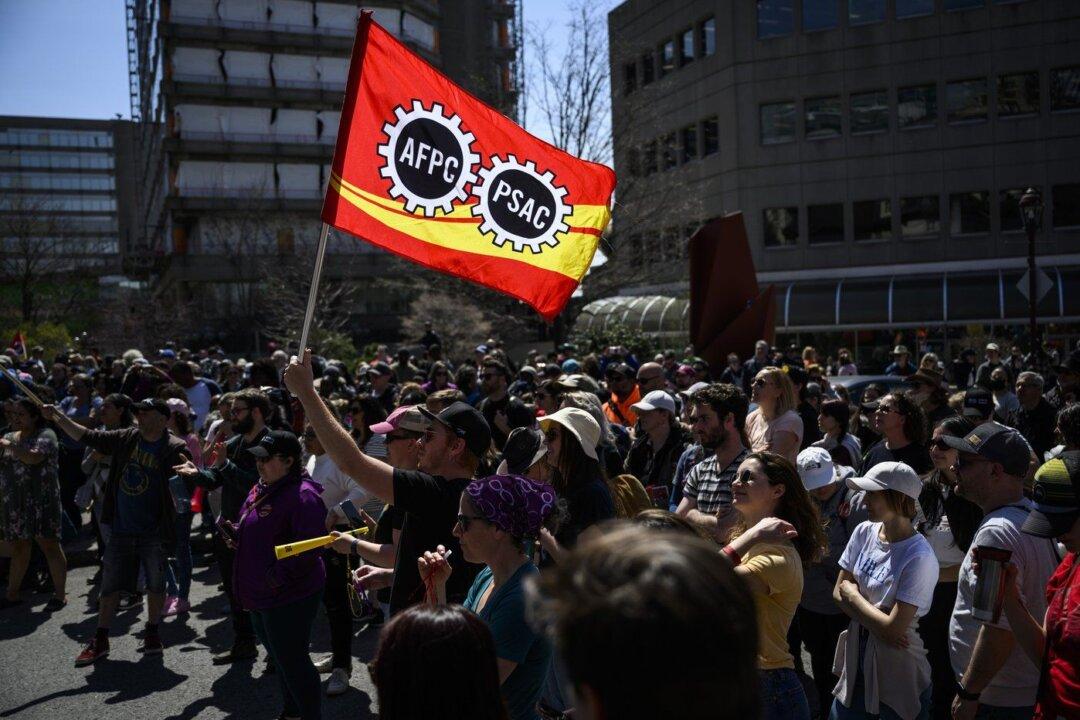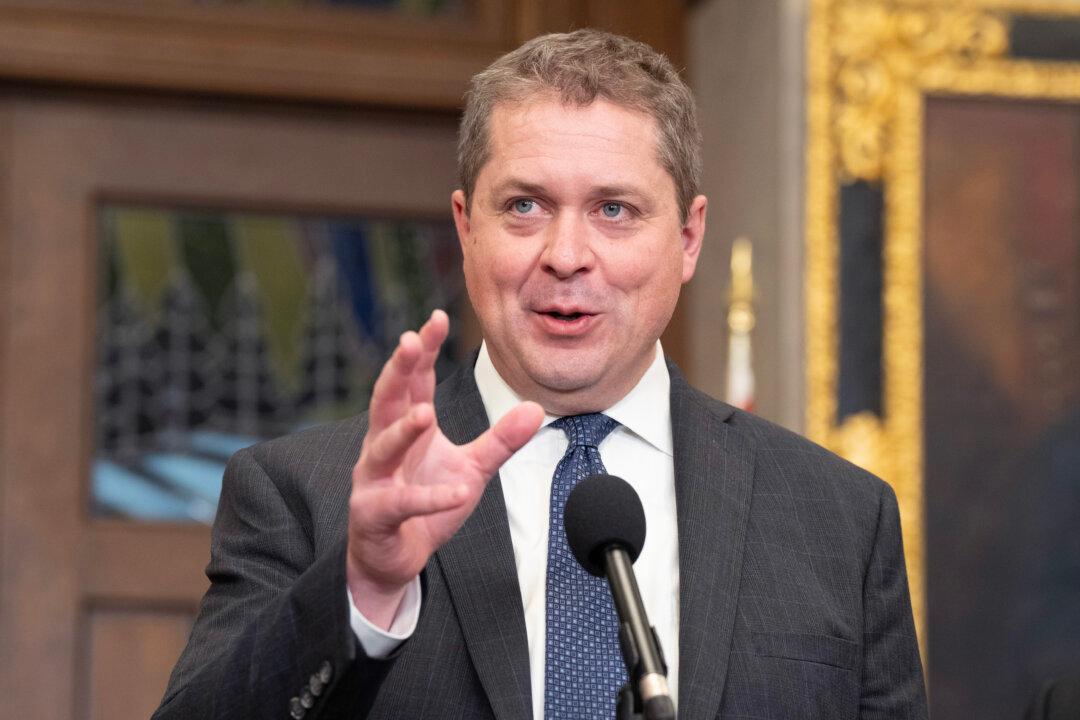While the strike action has ended for 120,000 Public Service Alliance of Canada (PSAC) workers, 35,000 Canada Revenue Agency (CRA) workers remain on strike.
The 10-day strike came to an end for most federal employees on May 1, when it was announced PSAC had reached a tentative agreement with the federal government. Treasury Board President Mona Fortier said the deal was expected to cost taxpayers an estimated $1.3 billion per year.





